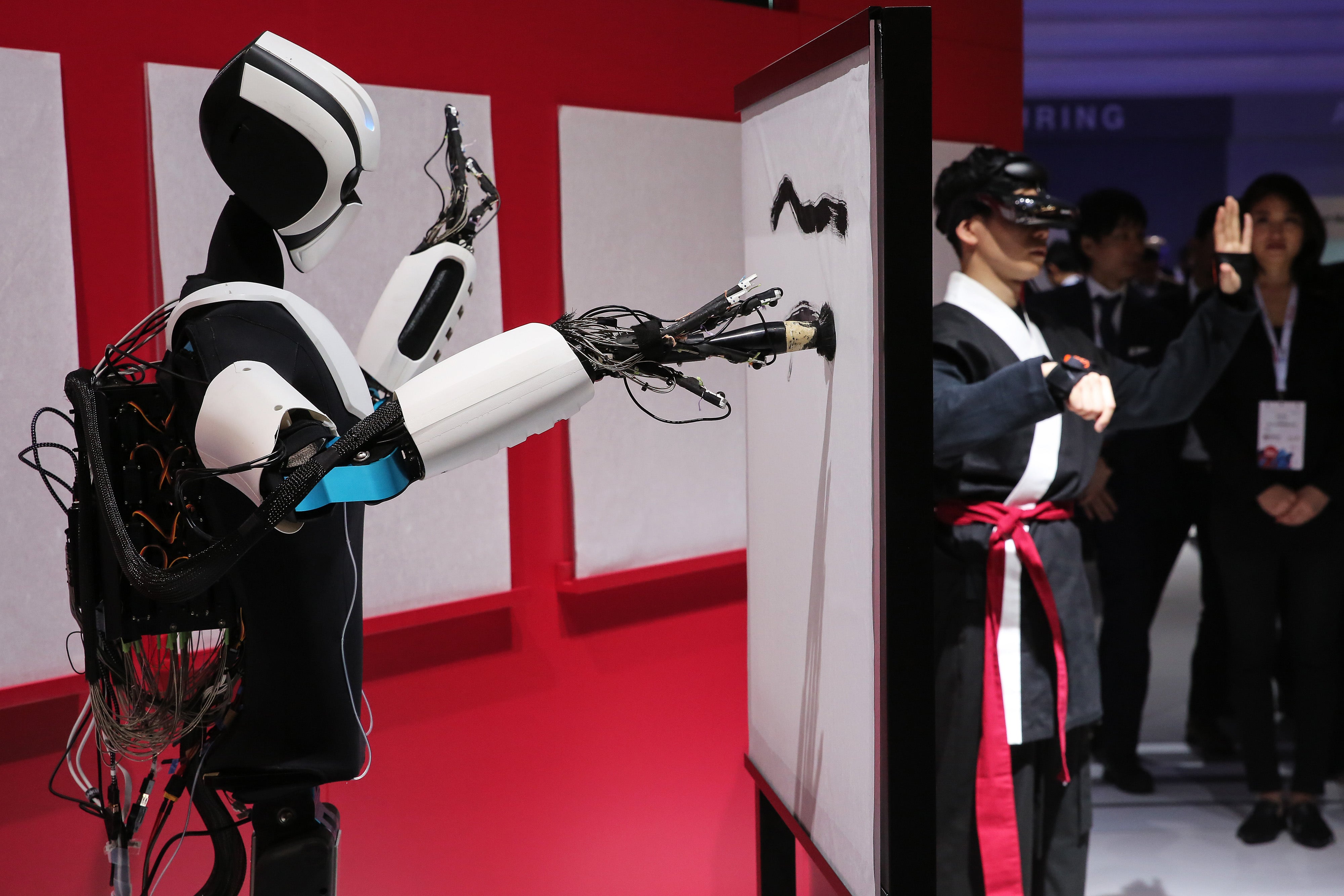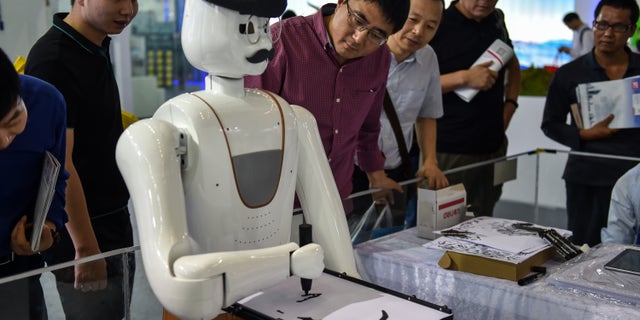
A university art lecturer told Fox News that the U.S. may have trouble trying to regulate AI-generated content, such as requiring watermarks on computer-generated media.
“[F]”Or it’s going to be a lot harder for us to do it. I think it’s going to be harder in the U.S. than it is in China,” said Tyler Coleman, a professor of AI at the University of Texas.
WATCH: Art of AI lecturer: AI regulations will be ‘difficult’ to enforce in the US
Watch more FOX News digital original content here
The Chinese government announced regulations in December 2022, requiring any AI-generated content to include signs such as watermarks to indicate its origin. While Coleman described the rules as “a really smart idea,” he doubted the U.S. ability to replicate them.
“I don’t think it would be a bad move for us to try to do that,” he told Fox News. “I just don’t think our form of capitalism is going to work.”
Coleman said Beijing, through its communist rule, has imposed “many of the structures that are allowed on the Internet.” Meanwhile, the U.S. elected government remains “very open” about what it allows on the internet, he told Fox News.
“There is almost no limit to what we can do online,” said the AI educator.
AI robot “Ai-Da” draws an image during a demonstration in London, April 2022. (Ben Stanthall/AFP via Getty Images)
Coleman said he believes U.S. copyright rules and fair use guidelines, which govern how art can be used, could hinder potential U.S. watermarking requirements for AI-generated content
Everything you need to know about artificial intelligence: what is it good for?
AI software companies often use data collected from the internet to train machine learning techniques and use that information to create content, such as AI-generated art. This data may include copyrighted material, which raises legal and ethical issues for AI companies and original copyright holders.
“AI machine learning, for all intents and purposes, is a very advanced system for understanding all the little things on the Internet, billions of data points, trillions of data points, and being able to blend them in Together in a way to create new content,” said Coleman, who has been experimenting with AI since about 2017 as a game developer.

Viewers watch a robot painting demonstration in Shenzhen, China, Nov. 16, 2017. (Xinhua/Mao Siqian, Getty Images)
U.S. firms pump billions into China’s AI sector
“There’s a term, the de minimis effect defense, which means that we used … such a small piece that we didn’t really hinder the copyright, just because it was such a small element,” Coleman said. “The idea of an AI model creation tool is … if it only uses a small part of many, many images, does that hinder everyone’s copyright?”
Coleman said AI’s limited use of up to trillions of different data points may allow it to bypass the concept of micro-effects.
“By using such a small sample of each sample, is it actually passing trace elements?” he said.
Click here for the Fox News app
Finally, Coleman said he hopes to continue educating people about the growing use of artificial intelligence in the arts.
“It’s gotten to a point where it’s hard to understand the difference between an AI-generated image and an image made through painting, photography, digital work,” he told Fox News. “This will be a challenge for us going forward because we need to know the difference.”
To read more of Coleman’s thoughts on AI-generated arts regulation, click here.






